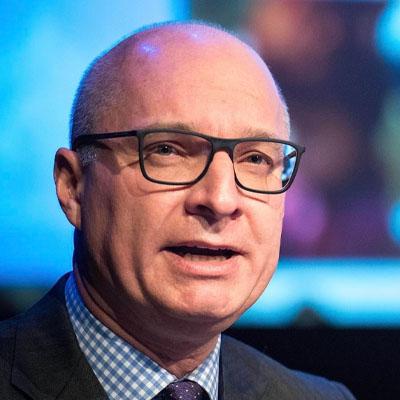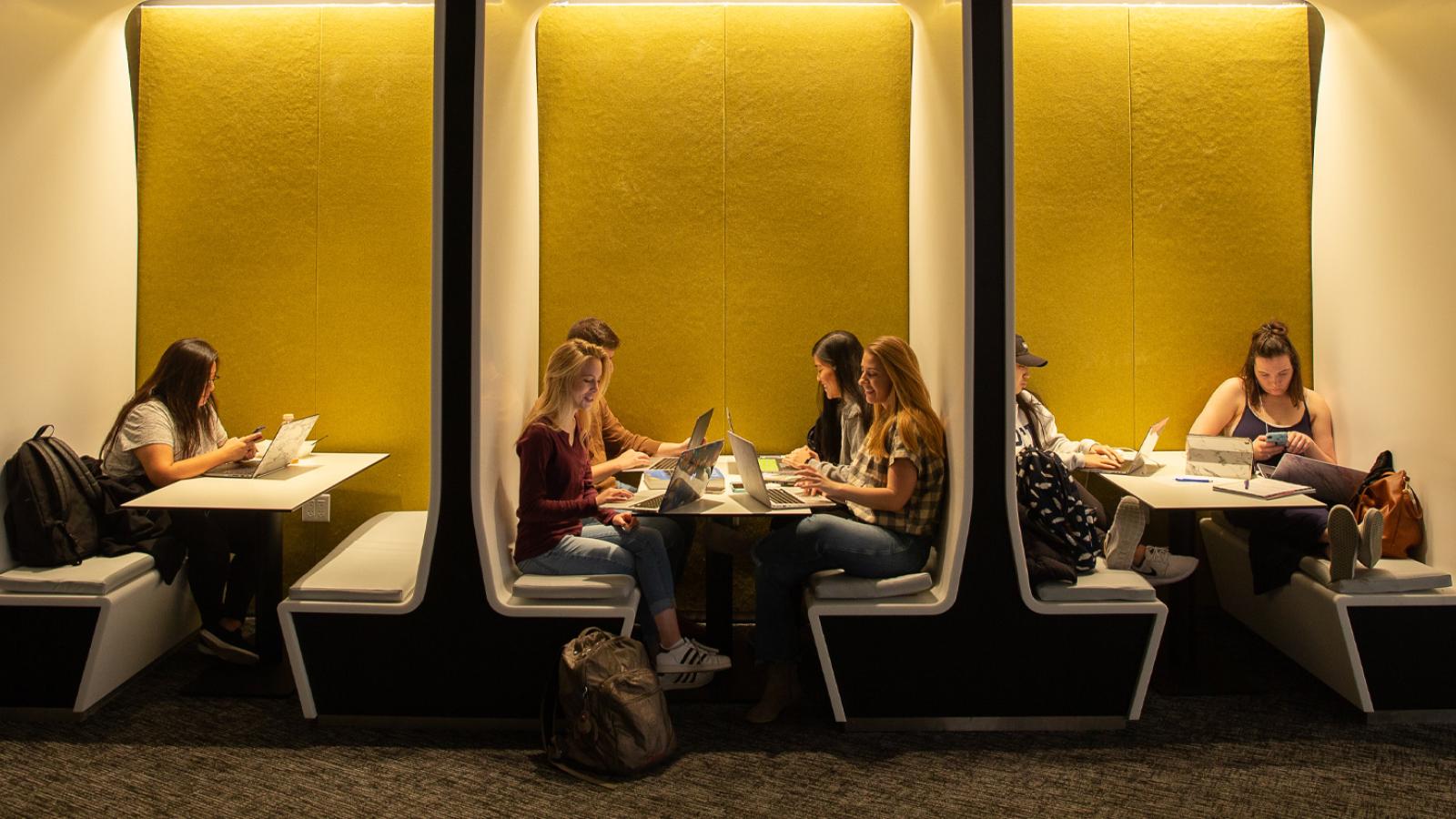

José Luis Castro was always curious about the world, which placed him at odds with the political climate he grew up in. Born in Camagüey, a rural province of eastern Cuba, the country had long become increasingly censored and oppressed. “I used to eavesdrop on the grown-ups,” he said. “They’d talk about the Camp David Accords, Central American revolutions, the Cold War.” Whenever he could, he would listen to Voice of America on the radio.
It would have been impossible for José, at that age, to imagine he would one day be the head of two international health organizations, travelling the world for work. To get there, José’s path would take him from a small school house in rural Cuba to political exile in the United States. Along the way, it would bring him to Pace University. Now, José Luis Castro is leading the Pace Center for Global Health and proud to be a Dyson Advisory Board Member, reflecting on how he got here and how Pace helped shape his career.
“If I had not been [on Pace's Model United Nations team], I would not be where I am today.”
At an early age, José’s mother taught him to read and write. As a result, he began his formal education ahead of the six other students in his schoolhouse. José was too young to grasp the societal gaps that held those students back and allowed him to flourish. Unlike many Cubans, the Castro home had long been a cultural focal point. José’s grandfather was an influential man who attracted artists and intellectuals as visitors from around the world, exposing José to new ideas.
José spent his time in the family library. “Few people had access to books,” he said. “And owning books that contradicted the government was dangerous.” He’d flip through the Encyclopedia Britannica, reading about Chicago, Buenos Aires, Paris, hoping to one day see these places himself.
But in school, José was just a child who realized he could help others. He helped the teacher conduct her lessons, and discovered that he loved working with the other kids, seeing those moments when they grasped a new word or concept.
In 1980, the mass emigration sent the Castros from Camagüey to New Jersey. José was 13, uprooted, and shocked. It wasn’t until high school that he focused on mastering English. When he tried to speak, he stuttered. Still, he persisted, hoping that with enough time, he might move past it.
For college, José set his sights on New York. He was accepted to several schools, but ultimately chose Pace. During an orientation, he met Professor Linda Quest, who later introduced José to the Model United Nations team. “If I hadn’t been in that program, I wouldn’t be where I am today.” In seven years, He went from a young man in a displaced family to the captain of the team, leading his chapter to victory at the UN’s national competition.
“People are the heart of any organization. I never had money when I started an organization, but I sought the best ideas and the best people. When I took that to the people who had the money, they were eager to invest.”
After earning his bachelor’s degree in Political Science at Pace, and a Masters’ of Public Administration from the University of Pennsylvania, José built his career around key issues in global health.
In the 90’s, he managed financial and logistical support for the Indian government as they established the largest tuberculosis control program in the world, treating ten million patients and saving more than one million lives. And, during the largest outbreak of multidrug-resistant tuberculosis (MDR-TB) ever to occur in the United States, José helped build the program that is still the foundation for tuberculosis control protocol in New York City.
"José was appointed by the World Health Organization as WHO director-general special envoy for chronic respiratory diseases on September 1, 2024. As a global health and nonprofit leader with more than three decades of experience, he has dedicated his career to public health, having most recently completed a tenure of 20 years as president and CEO of Vital Strategies, a global health organization he founded."
“Prepare yourselves in communication and management. Get involved with local or international organizations to practice and learn in the field.”
He is also the chair of the NCD (noncommunicable disease) Alliance, a network of more than 2,000 organizations in 170 countries, recognized as a thought leader on NCD policy and practice. NCD Alliance advocates for people at risk of or living with NCDs, which include cancer, heart disease, diabetes, and many more of the world’s most common causes of early death. In 2011, the NCD Alliance campaigned successfully for the landmark UN High-level Meeting on NCDs in September 2011 and the adoption of a UN Political Declaration on NCD Prevention and Control.
José’s path has given him the opportunity to make a difference in millions of lives. His work has shown him how there are often readily available, and relatively inexpensive, solutions to public health problems, but too often there is a lack of political will. He embraces the opportunity to advocate for these solutions. Through his organizations, he can help institutions build the capacity necessary to overcome complicated public health challenges.
Meeting and working with everyone from heads of state to patients and healthcare workers in the field, he has learned that the key to success is finding and retaining talented people who have ideas worth pursuing, and the drive to pursue them. They can come from any background—from rural schoolhouses in Cuba to prep schools in New York. “People are the heart of any organization. I never had money when I started an organization, but I sought the best ideas and the best people. When I took that to the people who had the money, they were eager to invest.”
Pace provided José with many of the tools to pursue his dreams. Through the Dyson Advisory Board, he wants to help the university provide opportunities to future generations, particularly students who overcame adversity and hardship in pursuit of that education.
For students who dream of working in international development, he offers this: “Prepare yourselves in communication and management. Get involved with local or international organizations to practice and learn in the field. And as my grandfather told me: Listen a lot, speak little, and work very hard.”
If you could meet a historical figure, who would it be? “Cardinal Richelieu. He was instrumental in bringing France out of Feudalism, and helped it become a modern, unified state.
Having travelled a lot, which city would you return to most often? “Florence. It was an important city during the Renaissance, full of beauty and history.”
What’s your favorite dish? “Sole meunière, a classic, simple, French dish.”
